Dear Readers, For me, the biennial Getting Real conference has been such a rich and rewarding well of ideas, issues, and themes to draw from, as I continually rethink our editorial strategy—so that we are truly serving the documentary community with a robust palette of content from around the world. Getting Real has always spurred me to consider where we need to go deeper and further as a publication. With that, five of the articles we commissioned here complement the spirit of Getting Real, from different angles. Mariana Sanson talks to the programmatic masterminds behind the conference—Abby
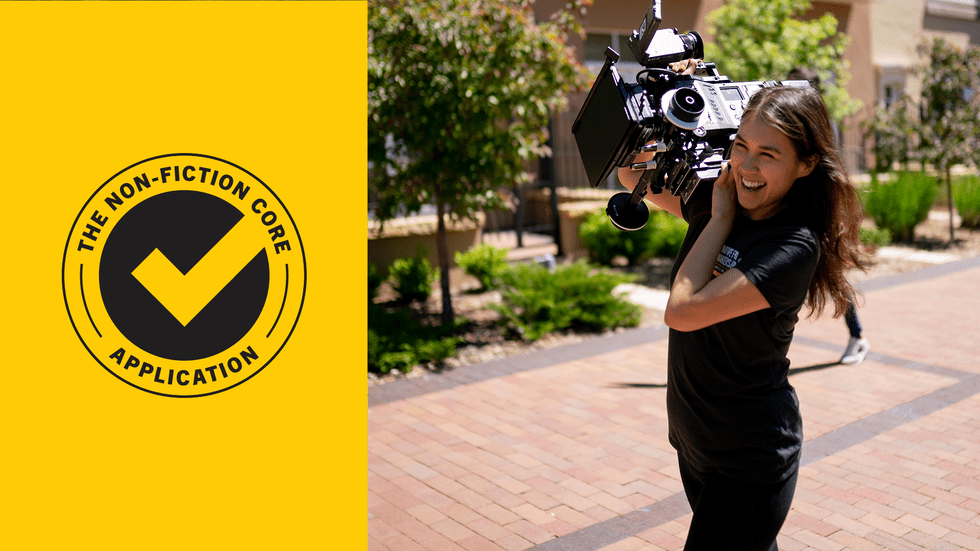
A Letter From Hajnal Molnar-Szakacs, Director of Artist Accelerator Program at Sundance Institute Nonfiction storytellers and their work have been deeply impacted by recent world events, public health crises, and overdue reckonings. The impact on the field has been far-reaching and complex. This has manifested in various ways including the ongoing need to address sustainability, safety, and security, as well as a desire for holistic culture change to make the field more inclusive, accessible, and grounded in values-based ethics-first filmmaking practice. Six years ago, Sundance Institute and
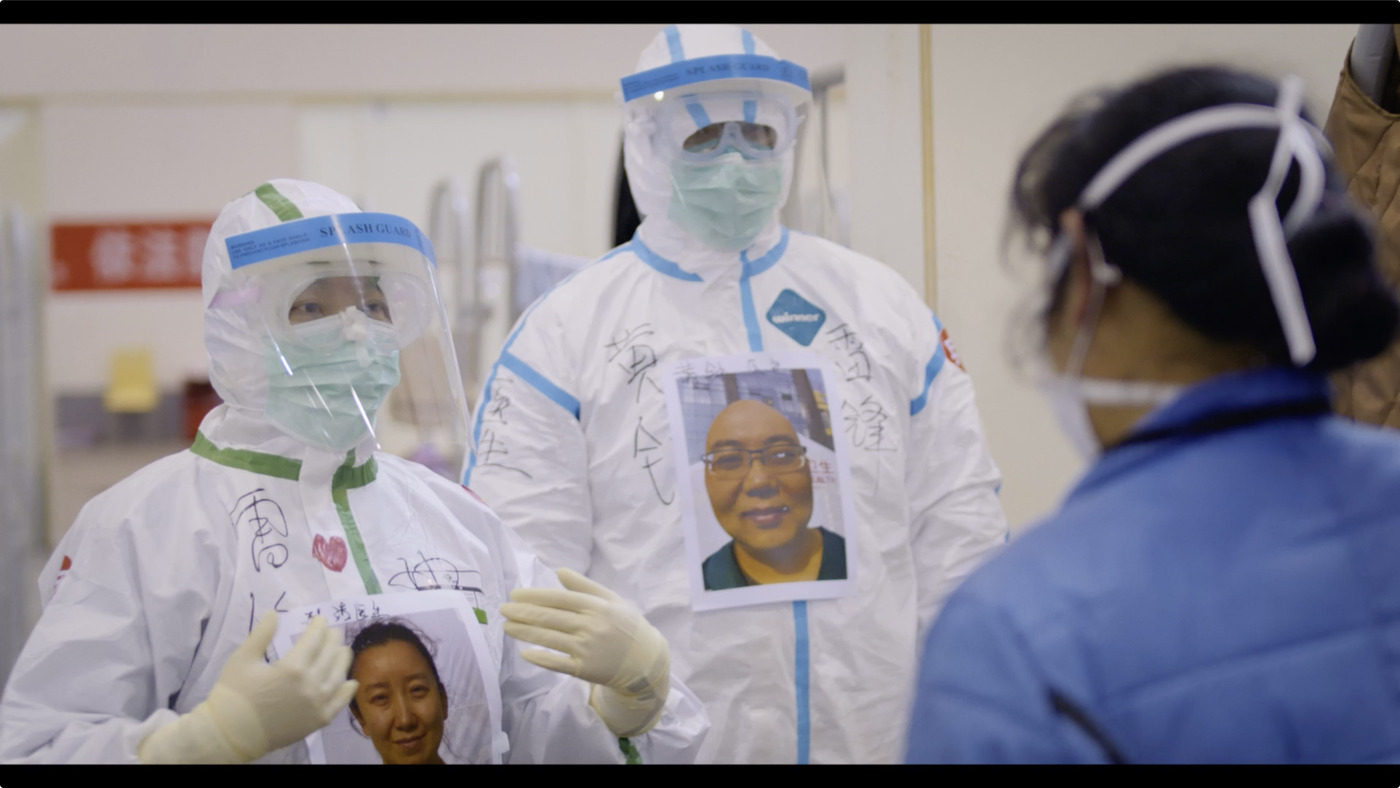
POV, the longest-running showcase of independent documentaries on PBS, turns 35 this year. Its executive producer since May 2021, Erika Dilday, had her hand at the helm of this 35th season. She came to POV from Futuro Media Group, a multimedia journalistic nonprofit committed to telling overlooked stories, where she was CEO. Before that, she was executive director of Maysles Documentary Center. Here she talks about the current season of POV, what her father taught her about diversity, the logistics of scouting for films, and her upcoming keynote address at IDA’s Getting Real 2022 conference
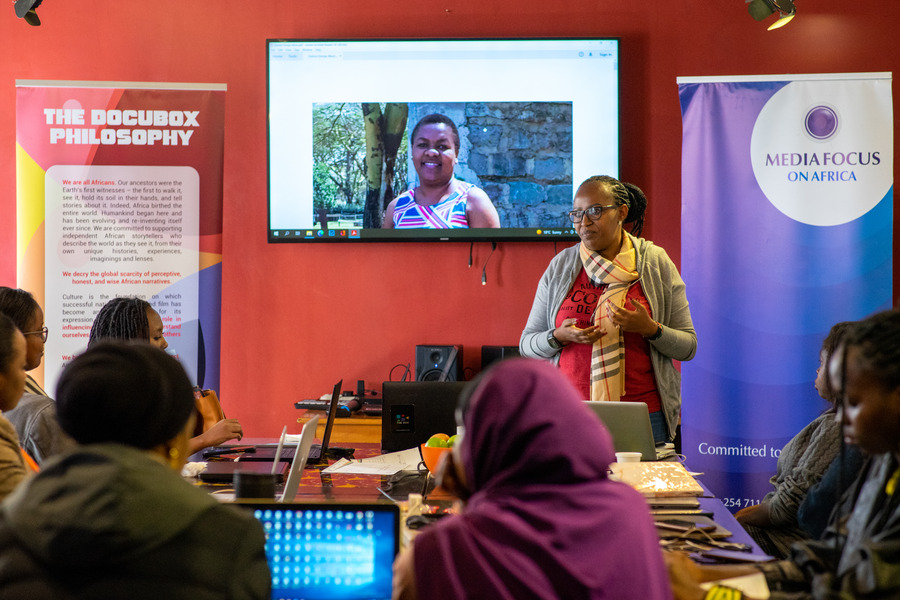
The year 2020 was a pivotal one for Kenyan documentaries—and for Docubox, the East African film fund created by Kenyan filmmaker and administrator Judy Kibinge in 2013. Christopher King and Maia Lekow’s The Letter, one of the recipients of Docubox’s inaugural development and production funding round, was Kenya’s pick for the Academy Award for Best International Film. Even though the film—a poignant investigation of elder abuse in a Kenyan rural community— was not shortlisted, it enjoyed considerable acclaim and was screened at several high-profile film festivals. Softie, another film that
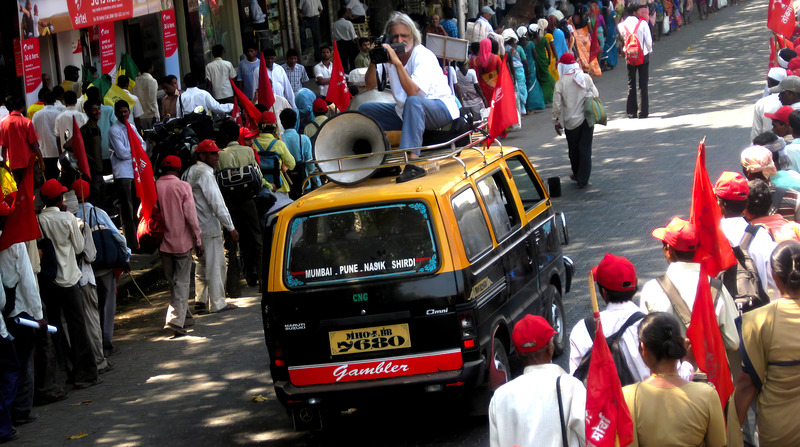
“For more than four decades,” his 2020 New York Times Magazine profile notes, Anand Patwardhan “has been India’s leading documentary filmmaker.” X-rays of Indian modernity, his frequently expressionistic films tug at the frayed edges of an unraveling nation to reveal the threads—of class inequity, casteism, masculinity, religious fundamentalism, and nationalism—that warp and weft through the fabric of what the ruling Bharatiya Janata Party calls the New India. Among other things, Patwardhan has documented a non-violent mass uprising in 1974 that led to the Emergency ( Waves of Revolution)
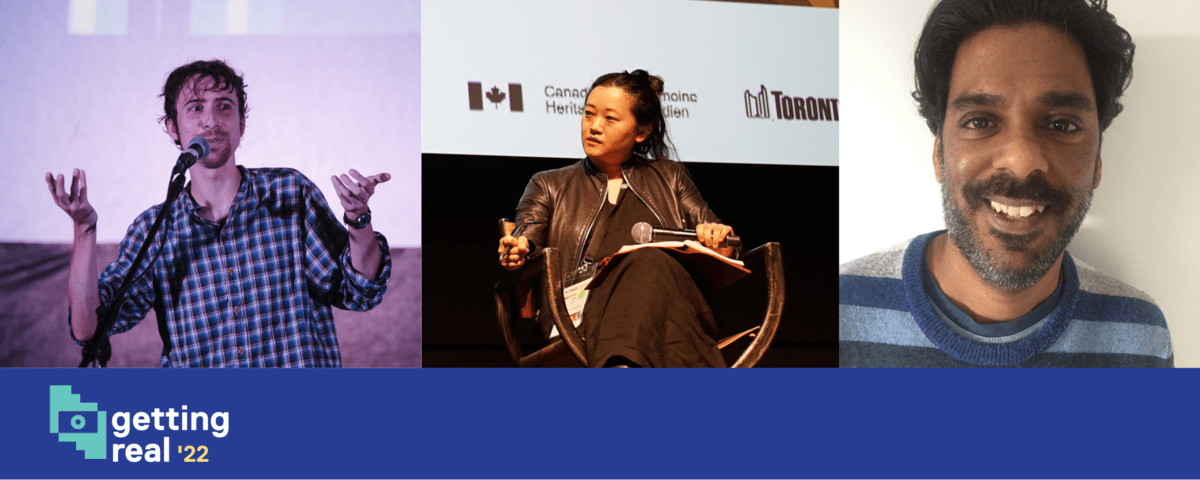
This year marks the fifth edition of Getting Real, IDA’s biennial conference, where documentary filmmakers and industry professionals will meet and dialogue in a hybrid gathering curated and programmed by Abby Sun, Conference Director and IDA’s Director of Artist Programs, as well as programmers Chris Boeckmann and Jonathan Ali. Through a digital platform, Getting Real ‘22 will enable a global audience to connect to the in-person Los Angeles gathering. The theme of this year’s conference, Flipping the Frame, reconsiders the traditional power dynamics in the documentary space. According to the
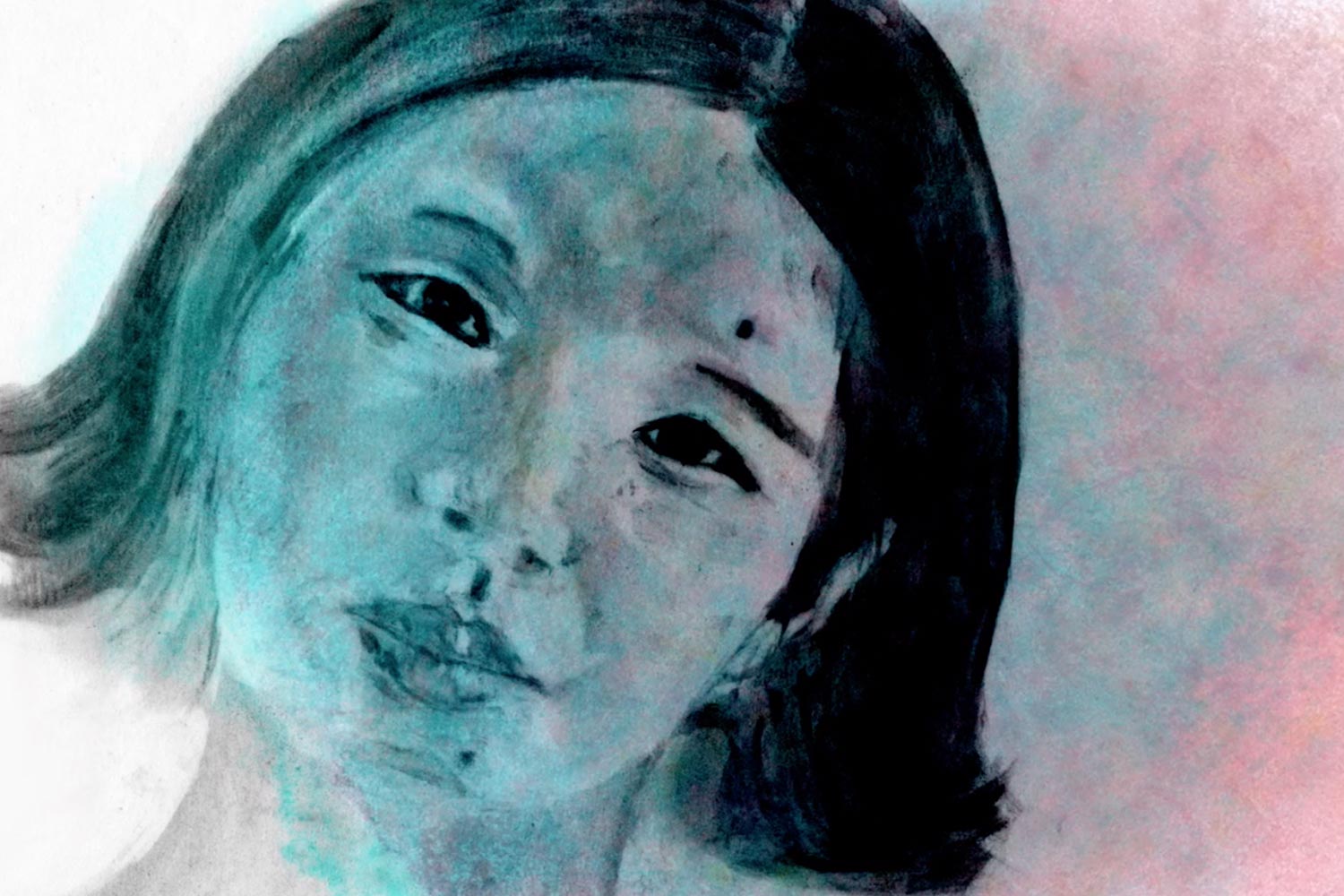
I am here to provide a China perspective and a feminist point of view, raising some questions about the face of working women, and rather than addressing what we are concerned about as filmmakers, distributors and human beings in a COVID 19 pandemic and politically chaotic era.
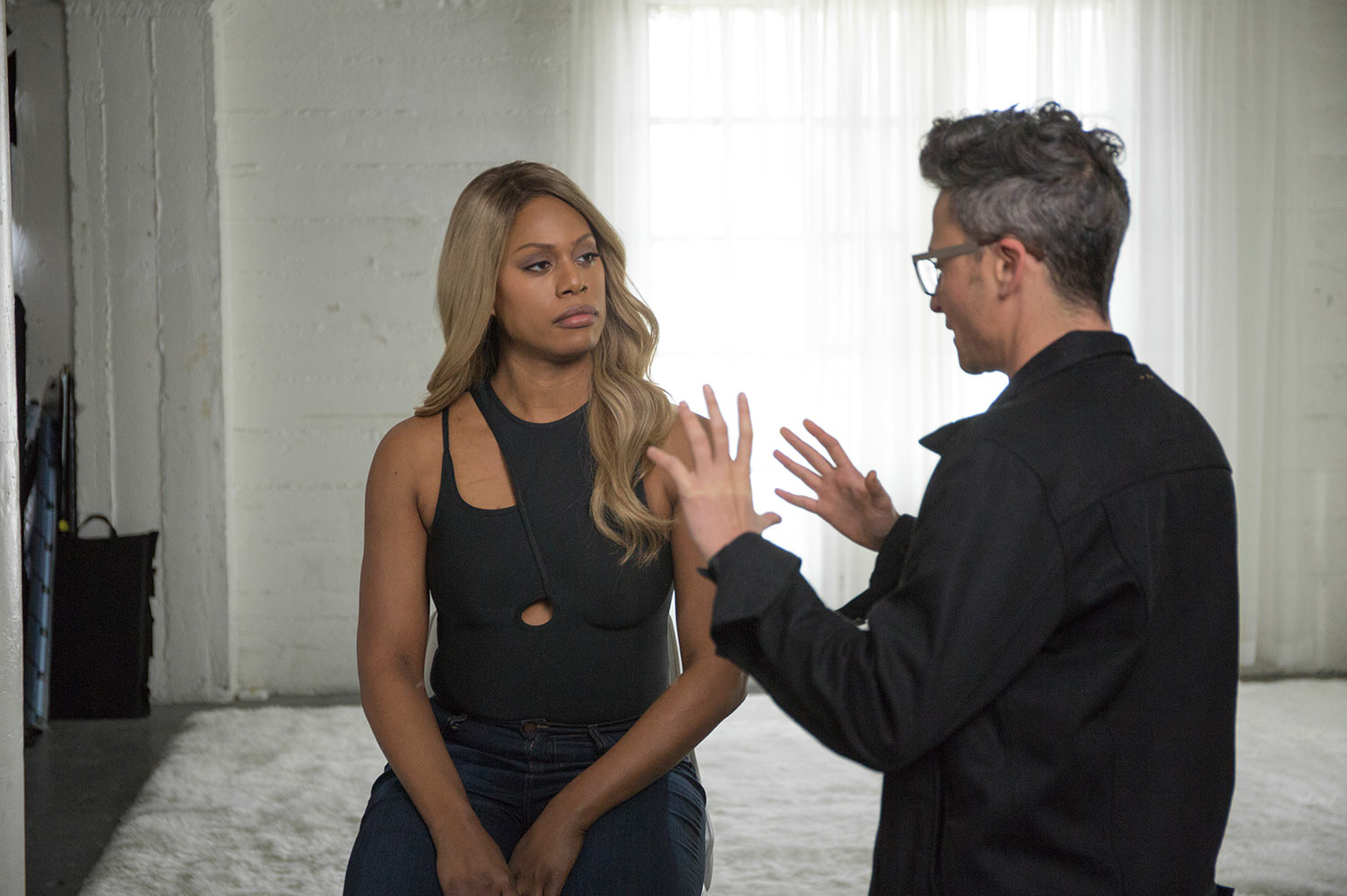
What I’m going to talk about today are three of those unseen practices in documentary filmmaking—compensating protagonists, empowering our crews, and questioning who is in leadership.
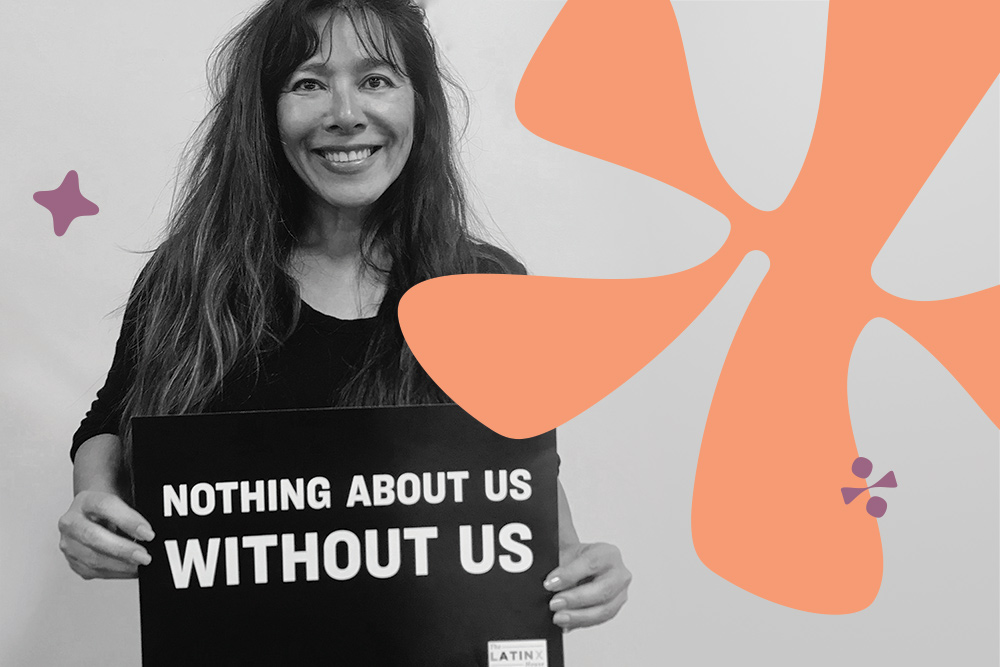
When we are fighting a pandemic and on the brink of environmental cataclysm and we can’t breathe and our children are locked in cages, what is our responsibility as artists?
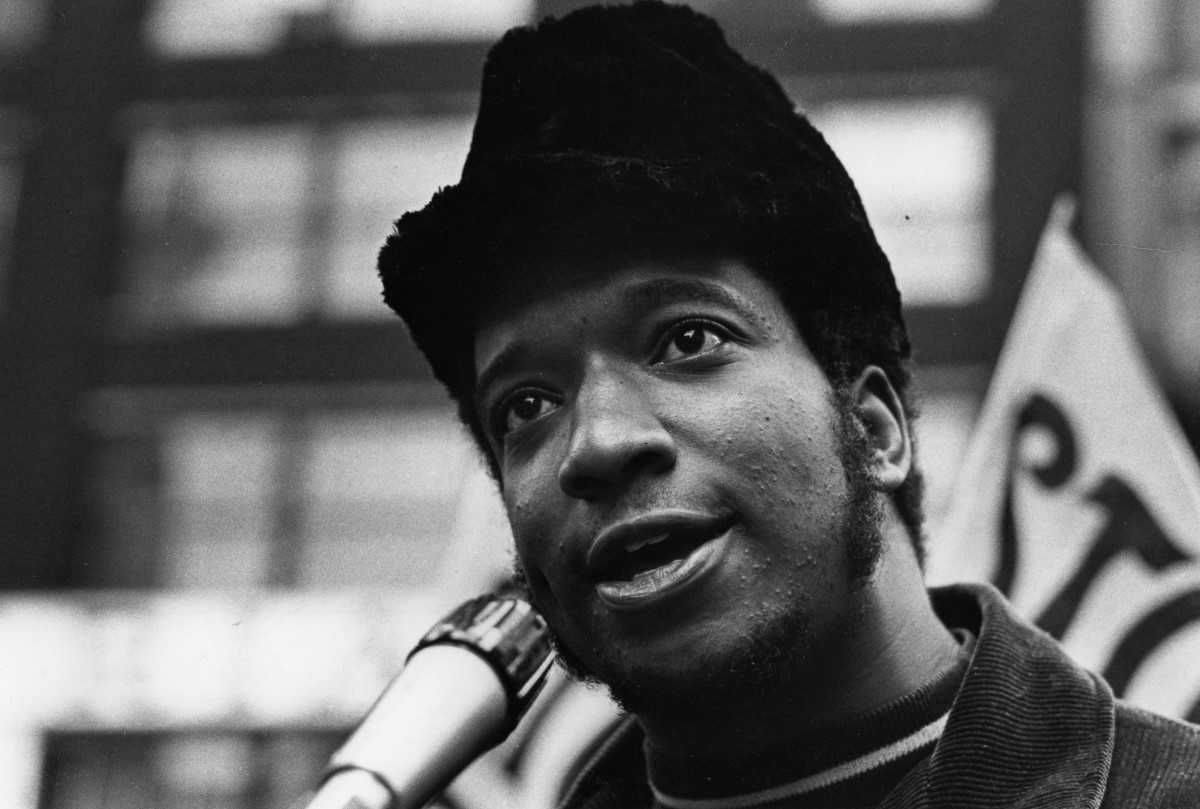
This year’s virtual gathering of Getting Real ‘20 called for the redistribution of power within documentary practice and the removal of barriers inhibiting the expansion of possibility within the field and access to it. However, the process of actualizing such changes requires a series of transitions that move us away from the status quo to the future. Although many conversations held before, during and after the convening are grounded in that work, one in particular, “The Liberatory Canon,” illustrates a pattern of change taking place in the ecosystem that reflects current values within the
Pagination
- Previous page
- Page 2
- Next page
